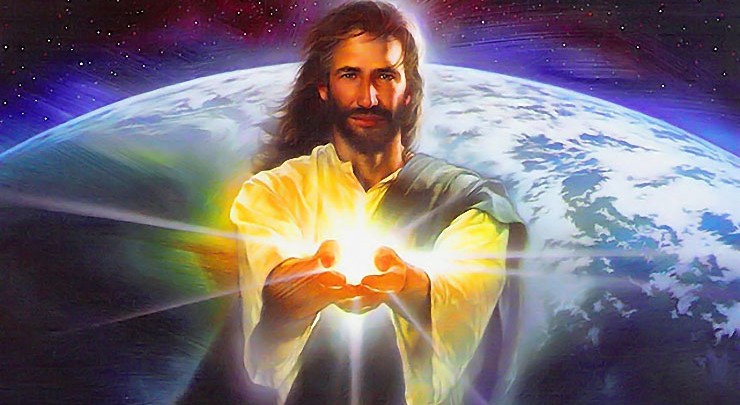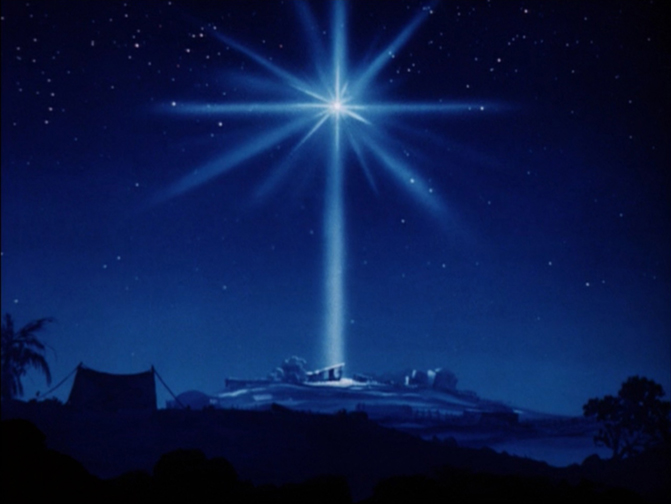Renewal
Why the Resurrection Matters
 I have believed for many years that the most important week in world history is Holy Week–the seven day period when Jesus of Nazareth arrived to fanfare in Jerusalem, died on a Roman cross of torture, and three days later was raised to life.
I have believed for many years that the most important week in world history is Holy Week–the seven day period when Jesus of Nazareth arrived to fanfare in Jerusalem, died on a Roman cross of torture, and three days later was raised to life.
Of those seven days, Good Friday stands as the centerpiece–the day God substituted the death of His own Son in the place of humanity’s sin to bring forgiveness to all who believe. Good Friday was a day of atonement–a “covering” of our rebellion by the agonizing love of God.
Recently I’ve been thinking more about the Resurrection. It wasn’t the day of redemption. It didn’t have anything to do forgiving our sins.
But the Resurrection matters.
Deeply.
Here’s why.
The two most widely read articles I’ve written over the past few years describe the uniqueness of Jesus Christ and his unparalleled impact on world history. If you want some inspirational thoughts this week, here’s where you can find them.
The Uniqueness of Jesus Christ.
How Easter Changed the World–and Can Do It Again.
Yet, the Resurrection of Jesus confused me for a while because I kept finding Scriptures that indicated that Jesus was the first to rise from the dead (Acts 26:23). The idea was that because he was first, then the rest of us would follow. He was the first-fruits of a general resurrection of both the redeemed and unredeemed (1 Corinthians 15:20).
But I also knew that, in one sense, Jesus was not the first person to come back to life. Elijah performed that miracle on a young boy in the Old Testament (1 Kings 17:17-24) and his prophetic heir, Elisha, did the same thing (2 Kings 4:18-37).
I assume there were others.
In the New Testament, we have at least two stories of Jesus Himself resurrecting people. First was the young man in Nain who got up off his burial bed when Jesus gave the command (Luke 7:11-17). Even more impressive was the resurrection of Lazarus (John 11:1-44). He’d been in a tomb for four days and it was presumed that he was well rotted and the stench would be terrible (John 11:39).
But Jesus shouted for Lazarus to “Come Forth” out of the tomb (John 11:43). Apparently, whatever had been decayed was made whole, his spirit returned, and he walked out of the cave still wrapped in grave clothers.
So it’s pretty clear from both Old and New Testaments that, in the sense of those stories, Jesus was definitely not the first human being to be brought back to life (resusitated or resurrected).
So what makes his resurrection on Easter Sunday “first” or important?
Let’s go a little deeper.
Jesus was the first resurrected person that never had to die again. His resurrection was permanent, eternal. All others who experienced resurrection ended up dying once more. The young boy in Nain lived out his life and then died gain. Lazarus enjoyed more years with Mary and Martha, but then passed away a second time.
Jesus rose never to die again. It even appears that He was given a different body that could pass through walls (Luke 24:36), appeared different to the disciples (Luke 24:16), and ascended into heaven (Luke 24:51). His resurrection body seemed to be made from “different stuff” (1 Corinthians 15:42-44).
That resurrection–the first of its kind–signaled a change in the eternal order of things. From now on, those who put their trust in God’s atonement and were born again by his Spirit would join his permanent resurrection when they passed from this life.
Those who believed in Him “would never die” (John 11:25). Just like Jesus, we will be raised to a permanent resurrection.
But there’s one more reason for the greatness of the Resurrection:
It was the final PROOF that Jesus was God, not man, and that His promises are true.
Other people have sacrificed their lives. Some people have claimed to know God or be the way to God. But only ONE backed up that claim by rising from the dead.
Jesus Christ.
There is no other.
Let the remarkable words of Scripture speak for themselves:
“Now after the Sabbath, as the first day of the week began to dawn, Mary Magdalene and the other Mary came to see the tomb. And behold, there was a great earthquake, for an angel of the Lord descended from heaven, and came and rolled back the stone from the door, and sat on it. His countenance was like lightning, and his clothing as white as snow. And the guards shook for fear of him, and became like dead men.”
“But the angel answered and said to the women, ‘Do not be afraid, for I know that you seek Jesus who was crucified. He is not here; for he is risen as he said. Come see the place where the Lord lay. And go quickly and tell his disciples that he is risen from the dead, and indeed he is going before you into Galilee; there you will see Him. Behold I have told you.’”
“So they went out quickly from the tomb with fear and great joy, and ran to bring his disciples word. And as they went to tell his disciples, behold Jesus met them saying, ‘Rejoice!’ So they came and held him by the feet and worshipped Him. Then Jesus said to them, ‘Do not be afraid. God and tell My brethren to go to Galilee, and there they will see Me.’”
“Then the eleven disciples went away into Galilee, to the mountain which Jesus had appointed for them. When they saw him, they worshipped Him; but some doubted.”
“And Jesus came and spoke to them, saying, ‘All authority has been given to me in heaven and on earth. Go therefore and makes disciples of all nations, baptizing them in the name of the Father and of the Son, and of the Holy Spirit, teaching them to observe all things that I have commanded you; and lo, I am with you always, even to the end of the age.’”
(Matthew 28:1-10, 6-20).
Jesus Christ, the wondrously unique God/man, died for the sins for the world and rose from the dead to prove beyond a shadow of a doubt he was more than a human being. Resurrection served as the final witness in his trial for credibility.
Josh McDowell devotes eighty-five pages of his classic work, Evidence That Demands a Verdict, to the historical, logical and literary proofs for the resurrection of Jesus Christ. His risen life remains one of the most provable events of ancient times.
He points out that human beings living since the death and resurrection of Jesus are faced with only three choices relating to the Son of God. Either he was a lunatic who made crazy claims—a liar who has deceived billions—or the Lord of life that he claimed to be.
Number three is the most logical choice.
G.B. Hardy exclaims: “Here is the record. Confucius tomb – occupied. Buddha’s tomb – occupied. Mohammed’s tomb – occupied. Jesus’ tomb — EMPTY. The decision is yours to make; the evidence speaks for itself. It says very clearly—Christ is risen indeed!”
The proof is in. Once for all sacrifice for sin. Permanent first resurrection. Those who believe follow.
Happy Easter.
Rejoice!
How Jesus Changed the World: Part 2
Happy week after Christmas. Hope you had a wonderful holiday of worship, reflection, celebration, and special time with family and friends.
It was all made possible through the coming of Jesus–and in this, the third part of our trilogy–we finish our brief discussion on his amazing impact on the planet.
Here are eight more areas where the life of Jesus changed the world. Read More
How Jesus Changed the World
This week we celebrate the world’s most important birthday–the birth of Jesus Christ. Three-quarters of our global population took time to honor this event in some way with music, church services, giving of presents, or family gatherings (the only major exception being the Muslim nations).
The world would be vastly different if Jesus never came.
How different? Let’s do some deeper thinking about the impact of the life of Jesus Christ. You’ve heard of the twelve days of Christmas? Let’s look at twelve ways Jesus Christ changed the world over the past two thousand years.
I’m not limiting Jesus’ impact to only a dozen areas. I welcome your thoughts as to other areas his life has wonderfully touched.
Today we’ll begin with the first six. Read More


